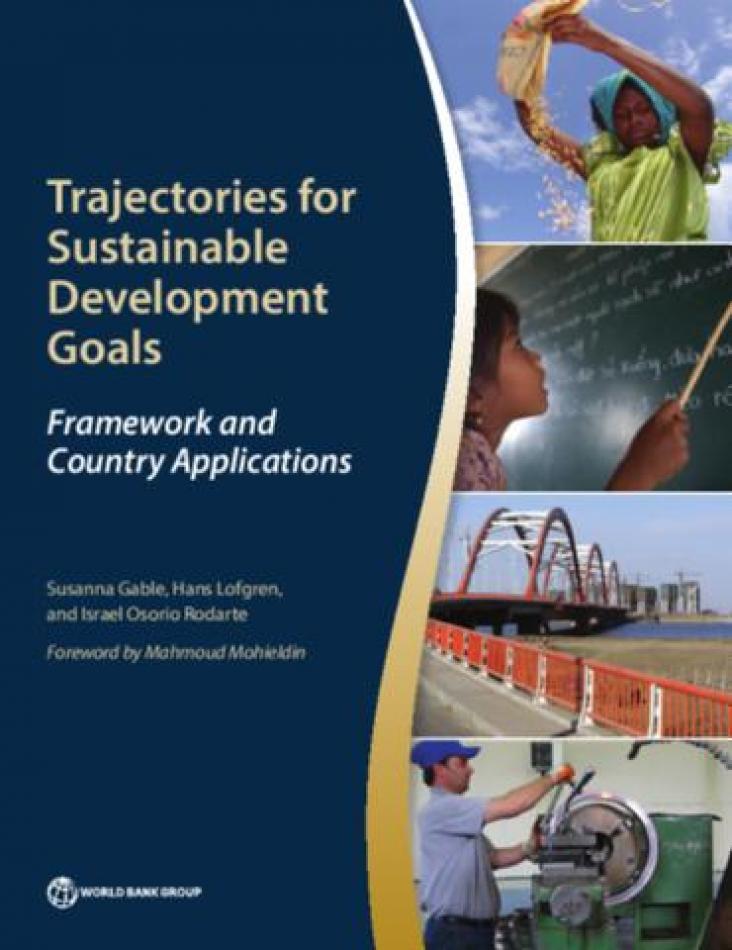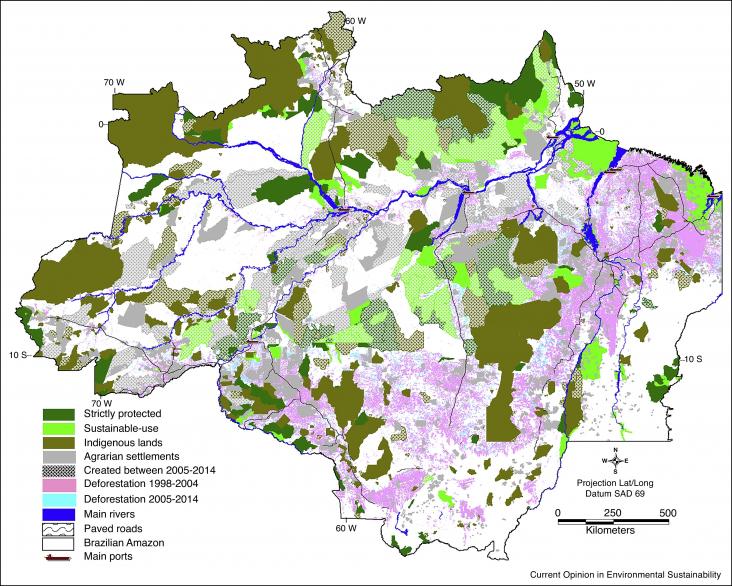This book chapter advances SDGs 12 and 15 by explaining how humans have a detrimental impact on natural habitat due to various activities including deforestation, urbanization, roads, the energy sector (renewable and coal), mining, and climate change. The most important form of habitat destruction is deforestation either to develop land for agriculture (70%) or to harvest lumber intensively.
‘Biosphere reserve’ is a United Nations (UN) designation stipulating that a region should attempt to follow the principles of sustainable development (SD).
This book chapter advances SDG 3, 6, and 12 by demonstrating the major water pollutants of incipient concern, their source, and fate.
This chapter advances SDG 6, 11, and 12 by discussing the state-of-the-art of managing water supply and demand as a natural resource, and what indicators are being developed to identify water scarcity worldwide.
Material and product life cycles are based on complex value chains of technology-specific elements.
Material and product life cycles are based on complex value chains of technology-specific elements.

This book presents the country development diagnostics post-2015 framework, developed by the World Bank Group to assess the country-level implications of the post-2015 global agenda, as well as brief, ‘at-a-glance’ applications of the framework to ten countries: Ethiopia, Jamaica, the Kyrgyz Republic, Liberia, Nigeria, Pakistan, Peru, the Philippines, Senegal, and Uganda.

The Brazilian Amazon is being affected by the new worldwide geopolitical transformation that is tending towards an integrated global economy.
Approaches to food security primarily focus on technological solutions, seeking to produce more food, preferably with fewer resources.

At the heart of Responsible Tourism are commitments to transparency and accountability. It is a process of addressing the sustainability issues which arise in a particular place and which the business can do something about, materiality matters. But it is not enough to focus only on the process, it is important to report the achievement. This blog explores reporting frameworks, rating initiatives, certification, recognition and showcases best practice.
